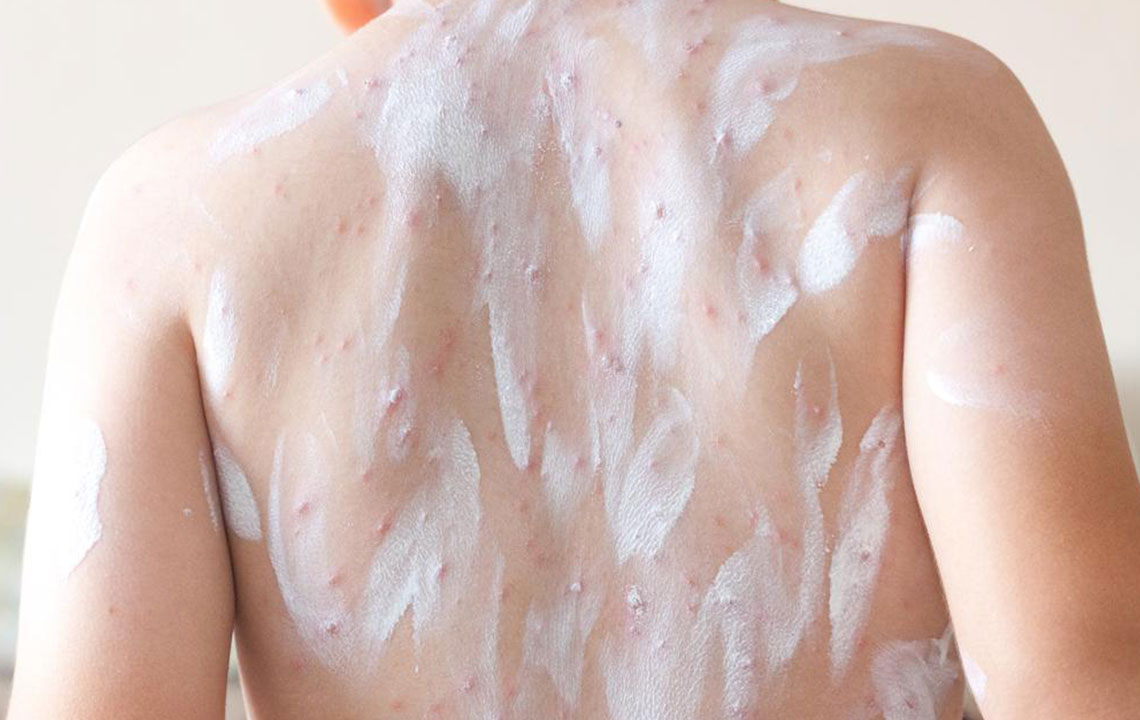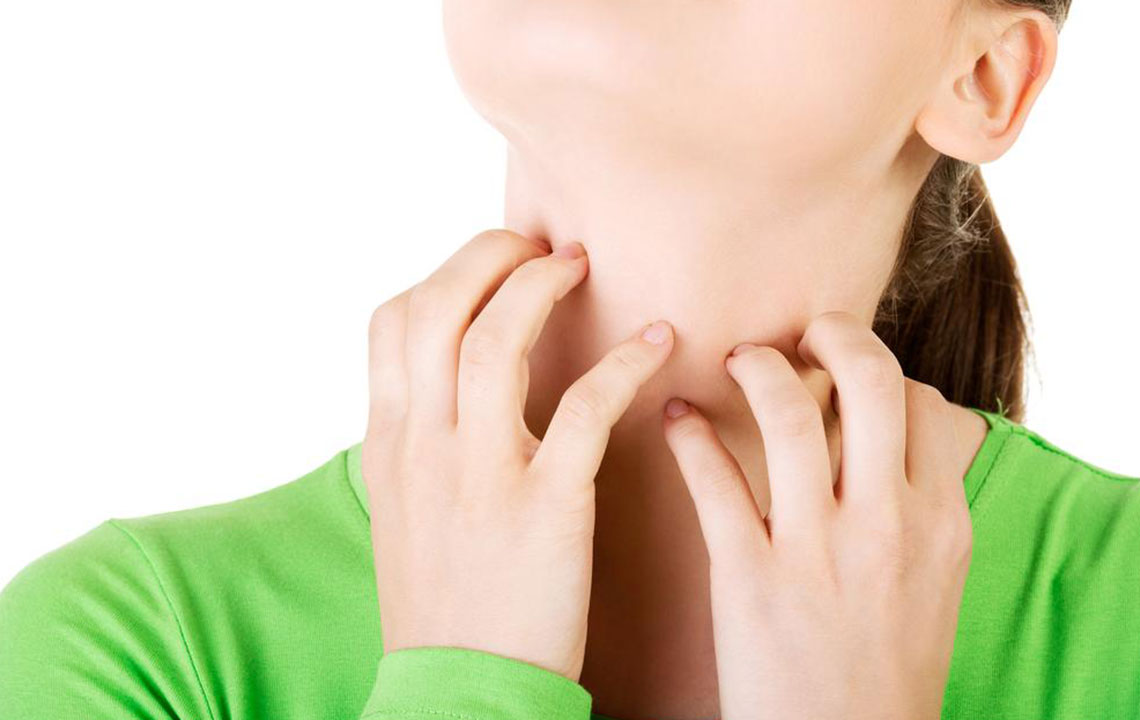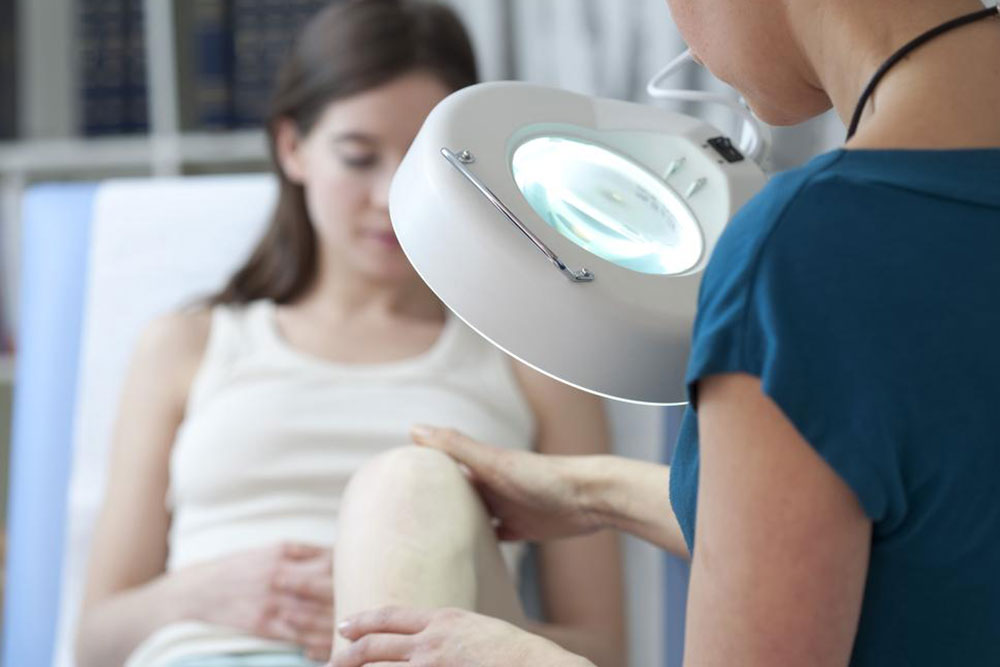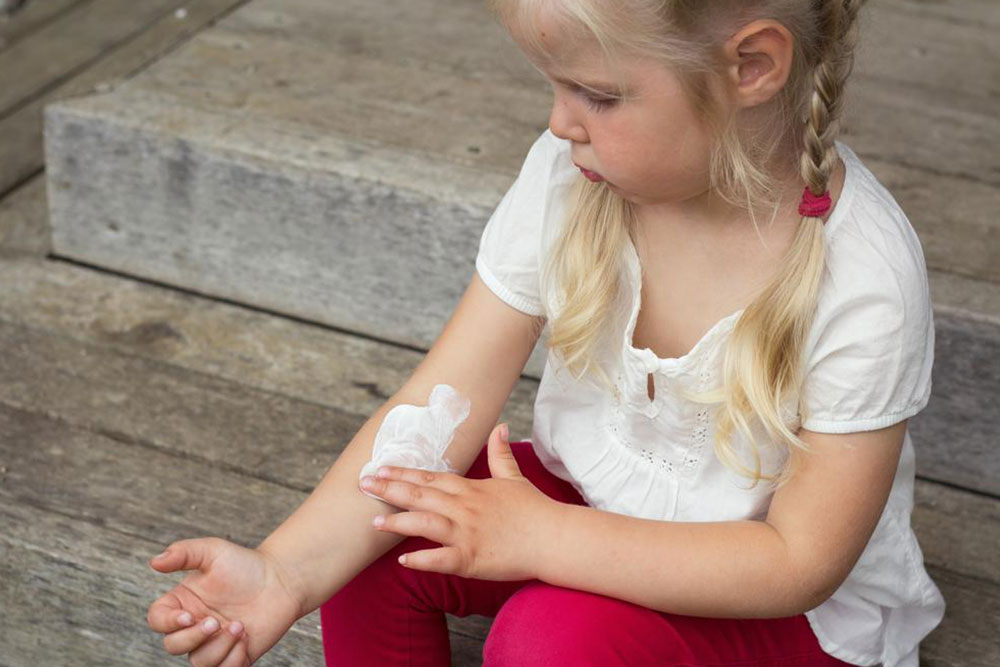Effective Treatments for Sebaceous Cysts
Learn about effective treatment options for sebaceous cysts, including surgical removal, home care tips, and expert advice. Easily manage or resolve cysts with professional guidance and simple remedies, ensuring safe and effective healing.
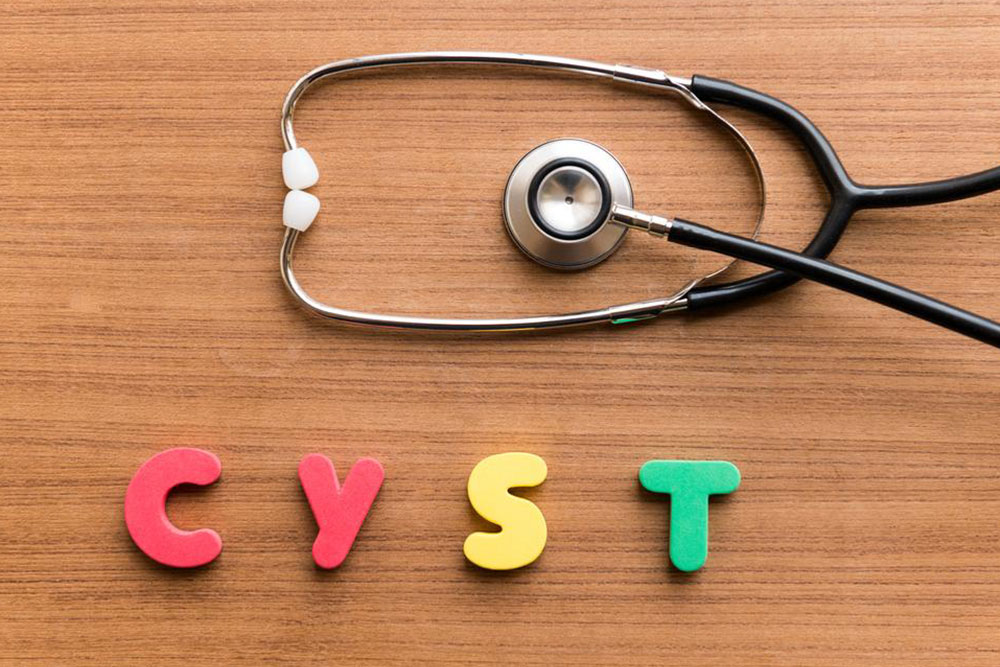
Effective Treatment Options for Sebaceous Cysts
A sebaceous cyst appears as a small bump beneath the skin, caused by blocked oil glands. These cysts commonly occur on the face and neck. Treatment for sebaceous cysts is provided by healthcare professionals and typically doesn’t require lab tests or imaging.
The cyst contains oily material and can develop anywhere on the body such as the face, scalp, or neck, often due to blocked hair follicles or sweat glands. There are two main types: epidermal cysts and pilar cysts, each with unique features. Fortunately, most sebaceous cysts are not serious and can be treated effectively.
Common signs include a lump, sometimes with a blackhead in the center, and possible mucus or oily discharge.
Treatment options include:
Surgical removal: A straightforward procedure involving excision of the entire cyst and its sac. Techniques include traditional wide excision, punch biopsy, and minimal excision. Post-procedure antibiotics may be prescribed for healing.
Home care methods: Mild cysts can often be managed with simple measures such as warm compresses to promote drainage and reduce discomfort, avoiding infection spread.
Avoiding harsh chemicals: Using gentle personal hygiene products instead of chemical-laden soaps and creams can prevent irritation. Topical gels and creams recommended by dermatologists help alleviate symptoms and promote healing. Maintaining good hygiene supports recovery alongside medical treatments.
Consult specialists: Dermatologists can assess and suggest appropriate therapies. For mild cysts, drainage or surgical removal may be performed, and medications can be injected directly into the cyst to control infection. Keeping the area clean minimizes the risk of re-infection.
Additional home remedies may help manage or contain cysts, but consulting a healthcare provider is advised for persistent or worsening cases.

